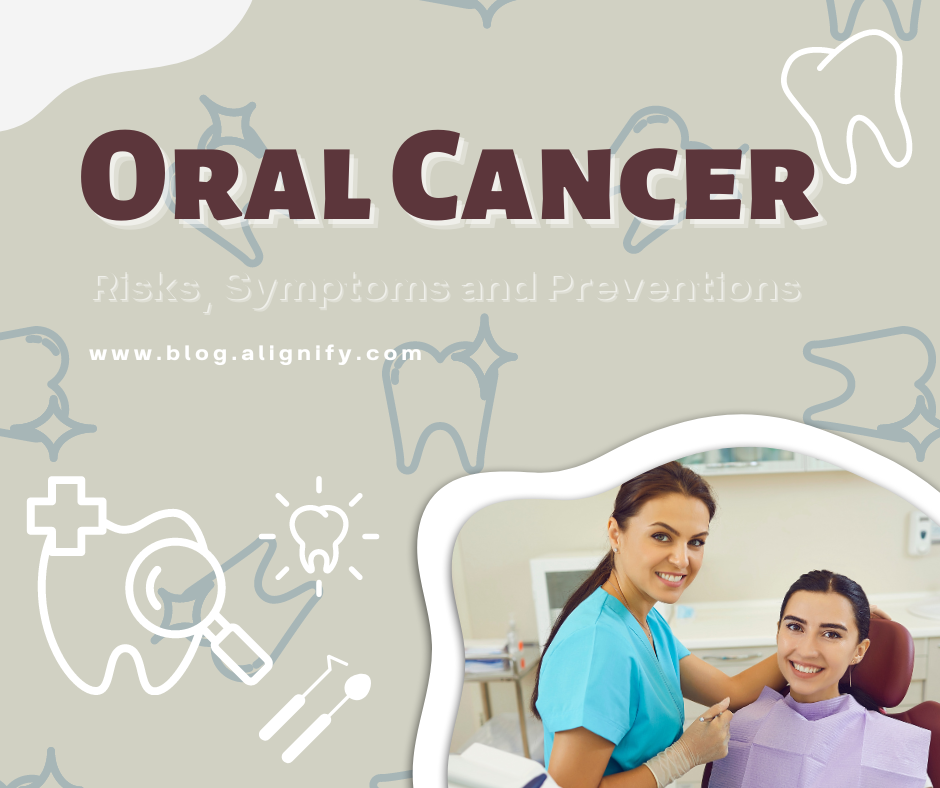
Oral cancer refers to the development of malignant tumors in the mouth, including the lips, tongue, cheeks, gums, and roof or floor of the mouth. It’s a serious condition with significant consequences if not detected and treated without delay.
Several factors can increase the possibility of developing cancer. These comprehend nicotine use in various forms, such as smoking cigarettes, cigars, or pipes, as well as chewing tobacco or using snuff. Excessive alcohol consumption is another major prospect factor. Additionally, infection with certain strains of the human papillomavirus (HPV), particularly HPV 16, is associated with an increased probability of mouth cancer. Prolonged exposure to sunlight can also raise the danger of undertaking cancer on the lips. Approximately 5% of all cancer cases worldwide are oral cancer, with over 300,000 new cases reported annually.
Quick discovery of oral cancer is crucial for successful treatment and improved outcomes. Symptoms of throat cancer may include persistent mouth sores that don’t heal, red or white patches on the gums, tongue, or lining of the jaws, difficulty swallowing or chewing, a persistent sore throat, hoarseness, a lump or thickening in the throat or neck, and unexplained bleeding in the mouth.
If you notice any of these manifestations, you must see a dentist or healthcare provider promptly for evaluation. They may perform a thorough examination of the lip and throat, inclusive of the use of special tools and imaging tests, to assess for signs of cancer. The diagnosis might need to be confirmed by a biopsy.
Treatment for this cancer depends on several factors, including the stage and location of the cancer, as well as the patient’s overall health and preferences. Options may include surgery to remove the tumor, radiation psychotherapy to target and destroy cancer cells, chemotherapy to kill cells or slow their growth, targeted therapy drugs that attack specific cancer body cells, and immunotherapy to help the immune system fight cancer.
In addition to medical medicament, supportive care is often provided to help manage indications and improve quality of life. This may involve pain management, nutritional support, speech analysis, and rehabilitation to address any functional limitations resulting from the cure.
Prevention plays a crucial role in reducing the chance of oral cancer. Avoiding weed in all forms, as well as cigarettes, cigars, chewing tobacco, and snuff, can significantly lower the endanger. Limiting alcohol consumption and practicing sun safety measures, such as wearing lip balm with SPF and using a wide-brimmed hat, can also help reduce the threat. Additionally, getting vaccinated against HPV can lower the hazard of developing cancer associated with this virus.
Regular dental check-ups are essential for fast detection of cancer and other problems. Dentists can perform cancer screenings as part of routine examinations, allowing for prompt noticing and medicament of abnormalities.
In summary, oral cancer is a serious condition that can affect numerous parts of the mouth. Early diagnosis and nursing are crucial for improving outcomes, and prevention measures such as avoiding snuff, limiting alcohol, practicing sun safety, and getting vaccinated against HPV can help reduce the risk. Regular dental checkups are essential for prior identification and prompt ministrations of cancer and other issues.


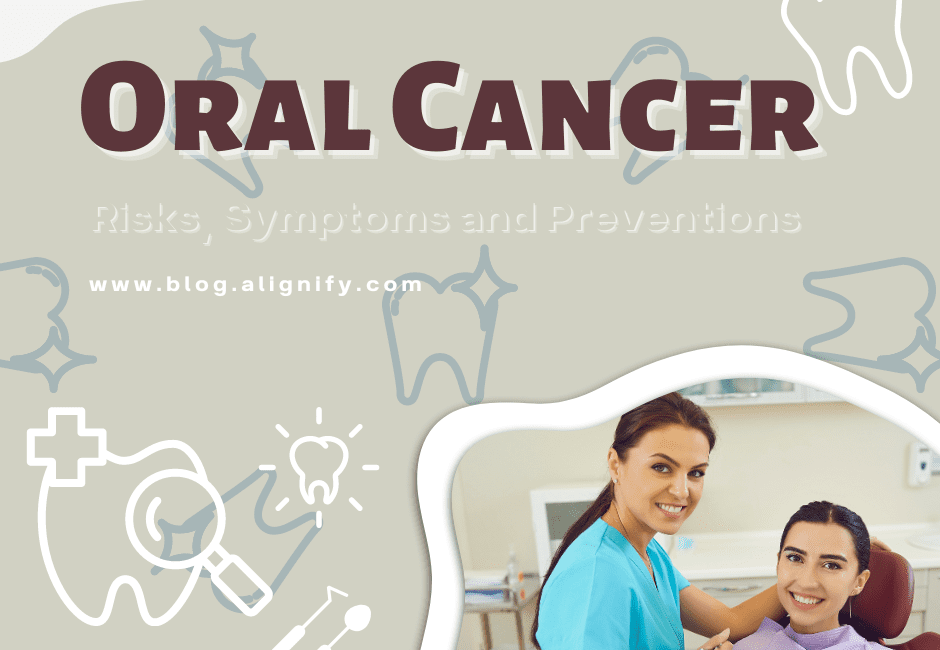

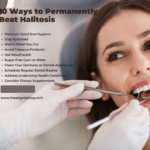
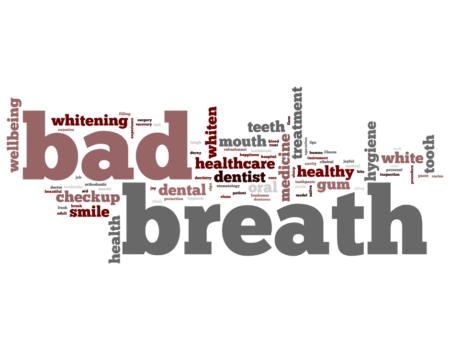
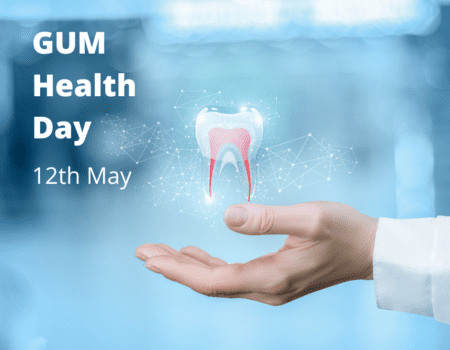
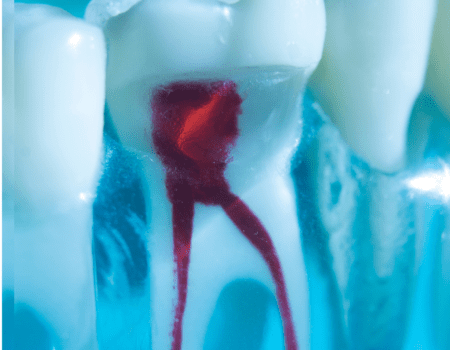
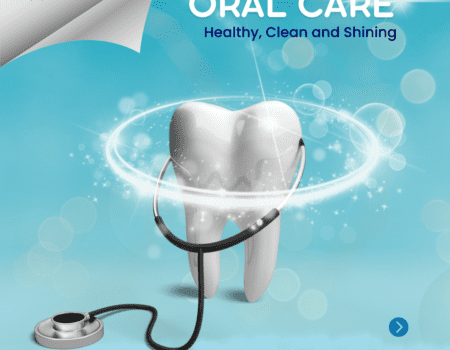
No Comment! Be the first one.